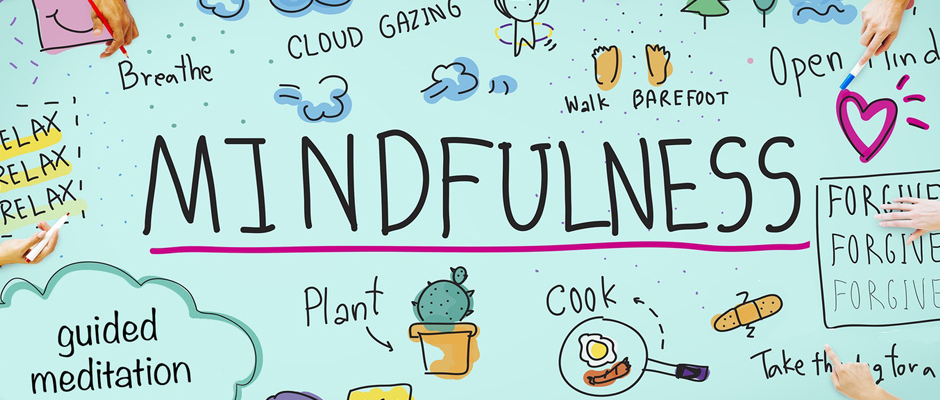 English
English ภาษาไทย
ภาษาไทย
Mindfulness Meditation Apps: What You Need To Know
Buddhism and the whole art of meditation is almost 25 centuries old today, yet its significance is getting even more vibrant today. It is a wellness trend that, over the past couple of years, has grown to amass legions of dedicated followers and fanatics.
The secret behind the boom is the fact that its merits are evidence-based and anyone can participate in it. It enables one to focus more on the present, ignore all the distractions, and feel at ease with oneself and the environment around him.
In fact, one only needs to spend as little as 15 minutes of pure and uninterrupted mindfulness meditation to kick away anxiety and stay happy. And it works magic, enabling a sad, sorrowful soul to feel relaxed and at peace even in tumultuous situations instantly.
But there’s a new practice: mindfulness meditation with apps
With the many proven benefits that mindfulness meditation is famous for and the growing list of meditation adherents, the app market is awash with apps designed for this purpose. From those that induce soothing nostalgic bedtime stories to those that produce calming background noises, these apps are incredible.
The boom that has seen these apps grow in popularity today isn’t just because mindfulness meditation is an age-old practice whose benefits are unsurpassed alone. With millions giving their success stories, meditation apps serve a bigger purpose today.
A vast majority of them are free at least for beginners with the pro-oriented ones coming at a premium price. One thing with them though is the fact that they truly work. One of the high-profile personalities to reveal that app-based meditation works is Deadpool actor Ryan Reynolds who has apparently been using the apps to fight anxiety.
For him and pretty much everyone who has installed the apps on their gadgets, managing stress and anxiety, as well as extreme panic attacks, is now easier. The apps, described as “potentially clinically useful” have now given the old Buddha practice a new meaning and some form of vibrancy.
The only real problem is that, out of the thousands of them, only a handful of them seemingly work. According to a 2015 Queensland University of Technology report, out of 560 mindfulness-based iPhone and Android apps sampled, 23 of them were ideal. The report was almost the same as the American Psychiatric Association’s findings that only less than 1% of 10,000 depression and anxiety-related apps had been found to work.
It’s clear that amid the success of app-based mindfulness meditation, not every app can be trusted. This, therefore, requires anyone wishing to meditate with an app to carefully choose the right ones to download.
If you are looking for If you are looking for Mindfulness Meditation Training please visit The Mindfulness Academy of Asia (MAA) is a new subsidiary school of The American School of Bangkok, specializing in the teaching and learning of mindfulness in education.


